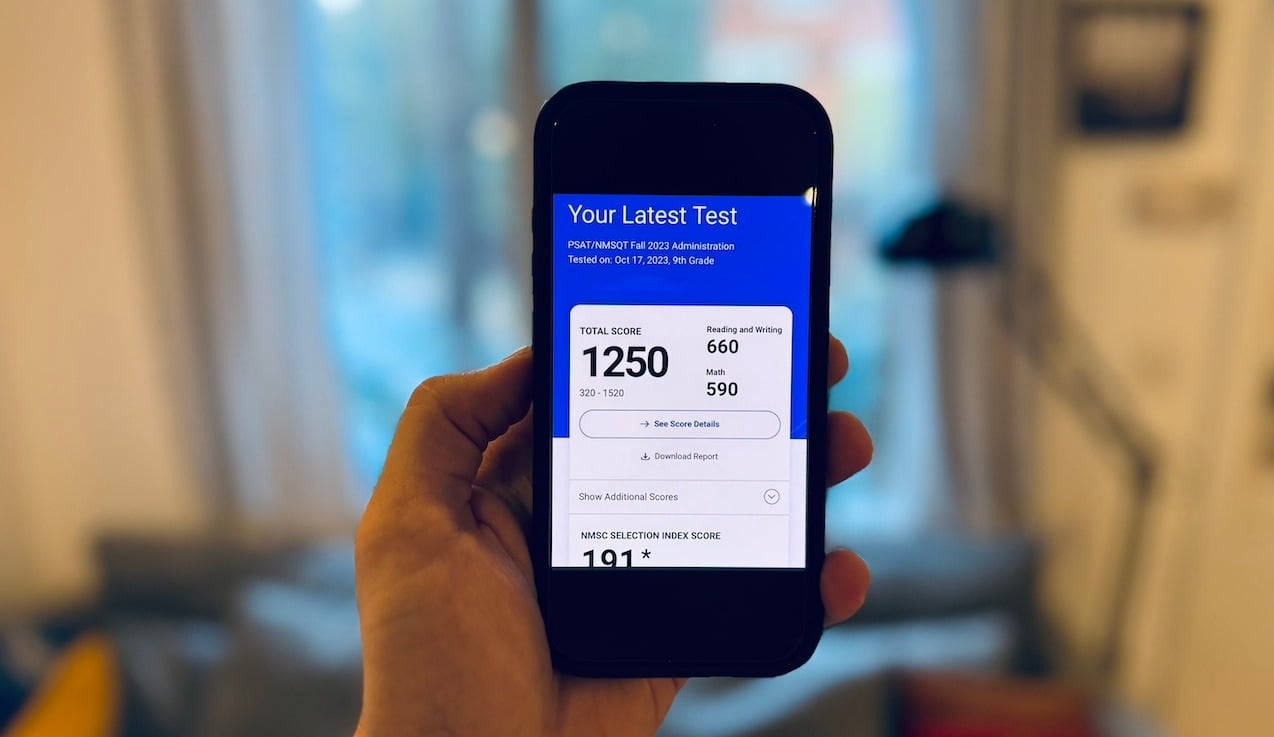Spring is the time when most high school juniors take the SAT or ACT for the first time. But COVID-19 has put a halt to that and has impacted the future of standardized tests.
Many March test sites were canceled. And the April ACT and May SAT are no longer an option. Colleges are making historic announcements every day about waiving tests for the immediate future or permanently.
So what does the Class of 2021 and younger students do to adjust their testing plans?
1. Still plan to take the SAT or ACT in June, July, August, September, or October if you are a member of the Class of 2021.
There is at least one SAT and one ACT offered in each of those months. While a growing number of colleges are waiving the SAT and ACT for the Class of 2021 (and in some cases for all classes moving forward), it is important to have at least one test under your belt in case there are colleges on your list who end up still requiring one of these tests.2. Subject Tests are typically not necessary. Preparing for the SAT or ACT is the priority.
Even before COVID-19 hit the world, Subject Tests were falling out of favor. Colleges, even the elite ones, were being forced to drop this as a requirement. As of last week, one of the biggest boosters of Subject Tests, Massachusetts Institute of Technology, announced that it would be dropping the requirement of two Subject Tests for admission. In fact, MIT made it clear that students were not even permitted to submit those scores to them to ensure that every applicant is on an even playing field. Bravo, MIT!
3. Advanced Placement exams are not what they used to be.
As the College Board hemorrhages, it announced a different option for this year's AP exams. Students will only be expected to prepare for content taught before the coronavirus spread. The tests will run 45 minutes rather than two to three hours. And students will be able to take them from home. I appreciate the College Board's initiative in making AP exams an option this year. However, let me be clear: AP SCORES ARE NOT A REQUIREMENT FOR COLLEGE ADMISSION.
READ MORE: Friendly Reminder: AP Stands for Advanced Placement, Not College Admissions
4. If you have low scores already or are delayed in taking the SAT or ACT, there will be plenty of options for you.
The list of test optional colleges grows on a daily basis. Tufts University just announced a plan to adopt a test optional policy for the next three years. This means that Classes of 2021, 2022, and 2023 will not have to submit the SAT or ACT for admission. The fact that another elite college has adopted a test optional policy, even for a trial period, signals a major shift in college admissions. Be on the lookout for more colleges to follow suit.
5. And my one piece of advice that hasn't changed is to continue to encourage younger students, like current sophomores, to begin test prep for the SAT or ACT this summer.
The summer between sophomore and junior year is a perfect time to start preparing. Even if more colleges announce test optional policies, taking the SAT or ACT at least once is a smart move. Students with high test scores have been and will continue to be valued—even more so for test optional colleges who still have to report average SAT and ACT scores for their incoming classes.
RELATED READING: Students Are Scared. What College Admissions Offices Do Next Is Critical.
The old plan of taking as many SAT, ACT, Subject Tests, and AP exams as possible is ancient history. Our kids have jumped through many hoops to please colleges at the expense of their own well-being. The silver lining of the coronavirus is that colleges are being forced to reevaluate what is absolutely necessary for them to make sound decisions. Many of us thought that unreasonable rising tuition costs, the college admissions scandal, or claims that Harvard and other colleges discriminated against certain students would be the breaking point. But in fact, it takes a worldwide pandemic for colleges to finally put students first.











